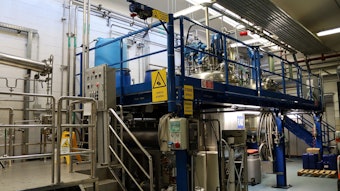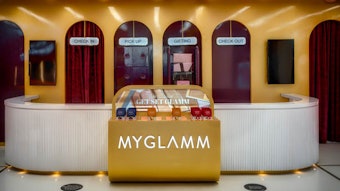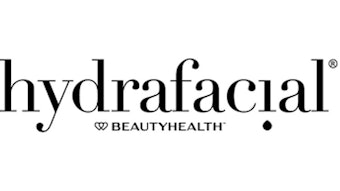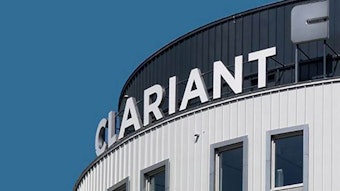“In today’s hyper-competitive marketplace, private label programs must go beyond the ‘me-too’ mentality that seldom ventures far from the standards set by the big national brands,” Sharoff told executives of Bay Valley, one of the leading suppliers of private label food products, which was holding its annual management conference outside Chicago.
“Private label needs to focus more than ever on building a new product development capability that effectively responds to the changing needs of American consumers. This may require significant investments in production facilities, consumer research and marketing, but it is absolutely essential to capitalize on the opportunities in the marketplace,” he said.
Priorities have clearly changed for private label during the past decade, the PLMA executive believes. “It used to be that manufacturers were preoccupied with product quality, making sure that store brand products were at least equal to the leading national brand competitor. This goal has now been accomplished.”
Shoppers recognize this achievement and are buying larger quantities of private label products than ever. One of every five products they purchase in supermarkets is now a store brand, totaling $49 billion in annual sales, according to the latest Nielsen statistics.
This success is reflected in a growing population of loyal store brand shoppers. A nationwide consumer survey conducted for PLMA reveals that a large percentage of shoppers, 41%, now identify themselves as frequent buyers of store brand products. This represents an increase from five years ago when 36% described themselves that way and an ever bigger change from 15 years ago when only 12% said they were frequent shoppers. “But to realize the full potential of store brands, manufacturers and retailers must become more innovative and creative,” Sharoff said. “Some private label programs are already adopting this new approach. You can see it in Safeway’s O organics and Eating Well health-oriented ranges, as well as Kroger Co.’s licensing agreement with Disney for children’s products and the steady stream of creative new food products offered by Trader Joe’s.”
There is likely to be a big financial payoff for those who take this approach. A recent study by McKinsey & Co. identifies a group of best-in-class retail private label innovators and says if other chains follow their examples there could be a massive $55 billion shift in annual sales to private label and away from national brands. Such a shift has already occurred in Europe. Retailer brands there have made dramatic market share gains in recent years, climbing to 40% and above in Great Britain, Germany, Belgium, and Switzerland and to more than 30% in France and Spain. “In all these countries, retailers are investing heavily in new product development and marketing their store brands,” Sharoff explained.










